Our Service
Pet Surgical Procedures and Anesthesia Monitoring
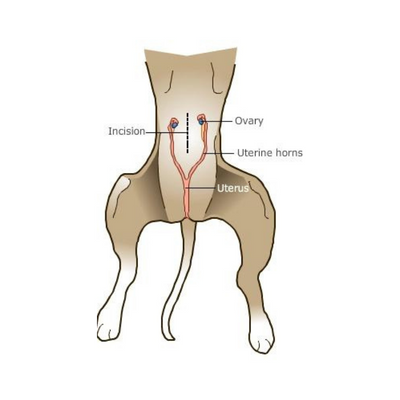
Pet Spaying
Spaying your pet prevents pregnancy and offers health benefits, including protection from infections, reproductive diseases, and certain cancers. It won’t change her personality and helps reduce pet overpopulation.
The procedure, done under anesthesia, involves removing the ovaries and uterus. We follow strict safety protocols and monitor vital signs closely.
Call us to book an appointment or discuss any concerns.
Pet Neutering
Neutering prevents reproduction and promotes a longer, healthier life without changing your pet’s personality. It reduces the risk of prostate and testicular cancer, prevents sexually transmitted diseases, and curbs unwanted behaviors like roaming, fighting, and spraying.
The procedure, done under anesthesia, involves removing the testicles. We follow strict safety protocols and monitor vital signs closely.
Call us to book an appointment or discuss any concerns.
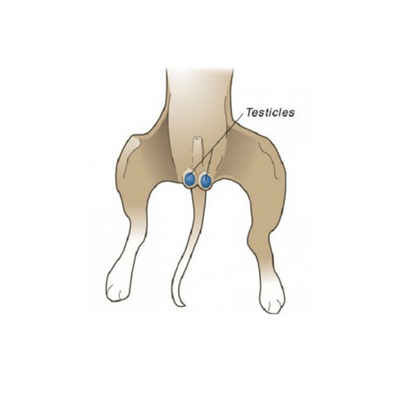
Pet Soft Tissue Surgery
We perform various soft tissue surgeries, including mass removals, ear procedures, and eye surgeries. Removing lumps early helps ensure better outcomes if they are cancerous. Surgery can also reduce chronic ear infections and correct eye issues to improve comfort and vision.
Contact us to learn how soft tissue surgery can help your pet.
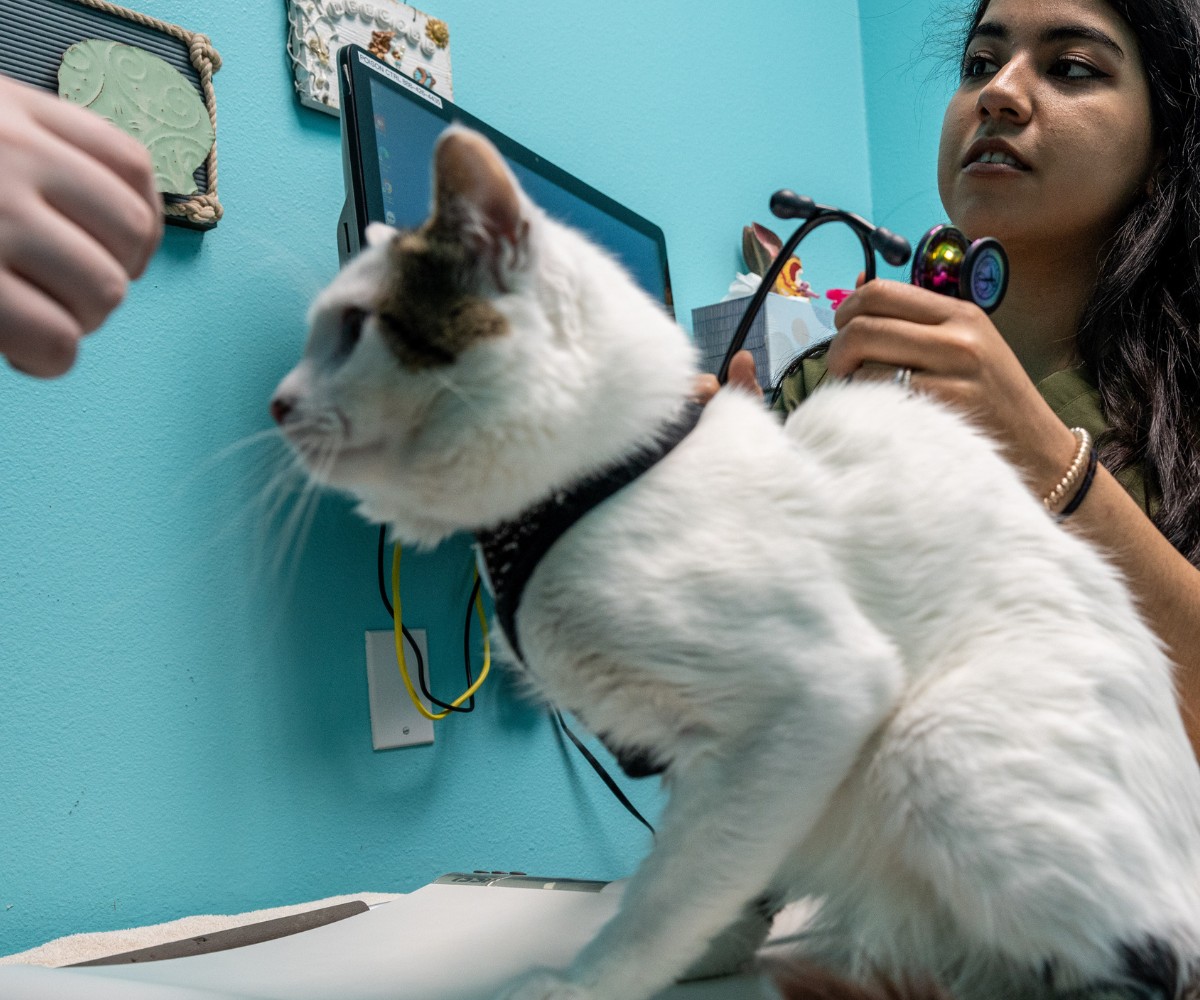
Pet Pain Management and Control
We know the issue of pain management is of great concern to pet owners today. As in human medicine, we have a variety of medications available to manage your pet’s pain both before and after surgery and in the event of trauma. We would be pleased to discuss the options available to you and your pet under any of the above circumstances.
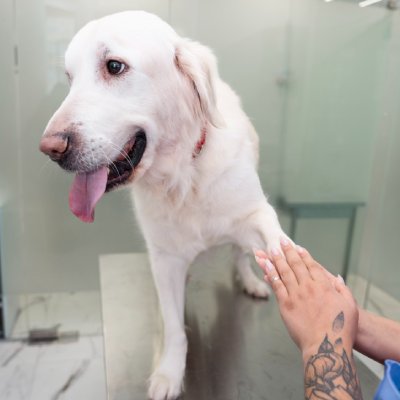
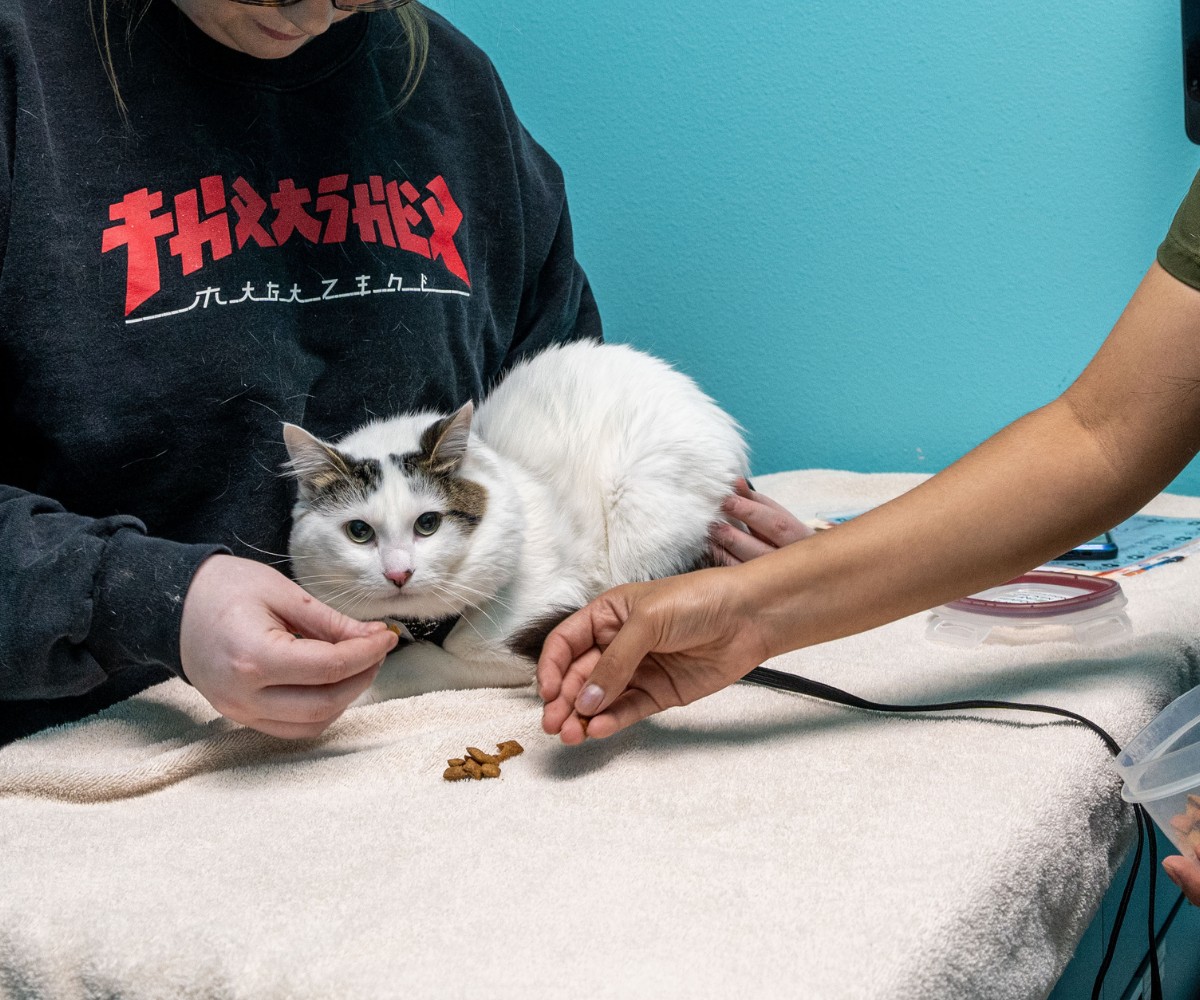
Patient Monitoring
We monitor our patients closely to keep them as safe as possible during procedures that require general anesthesia. A veterinary technician or assistant will manually assess your pet’s heart and respiratory rate. In addition, we have a state of the art anesthetic monitor that continuously monitors blood pressure, oxygen saturation, ventilation and other vital signs to help prevent any anesthetic risk.
Please feel free to ask us about our patient monitoring protocol or any concerns you might have about your pet’s procedure. We’d be happy to discuss these matters in more detail.
Pet General Anesthesia
General anesthesia is safely administered to ensure your pet is unconscious and pain-free during procedures. We perform a physical exam and blood work to check for underlying health issues. Our protocols include IV fluids to maintain hydration and blood pressure.
We start with a sedative, followed by an anesthetic drug and a breathing tube for oxygen and gas anesthesia.
Contact us with any questions or concerns about anesthesia or your pet’s procedure.

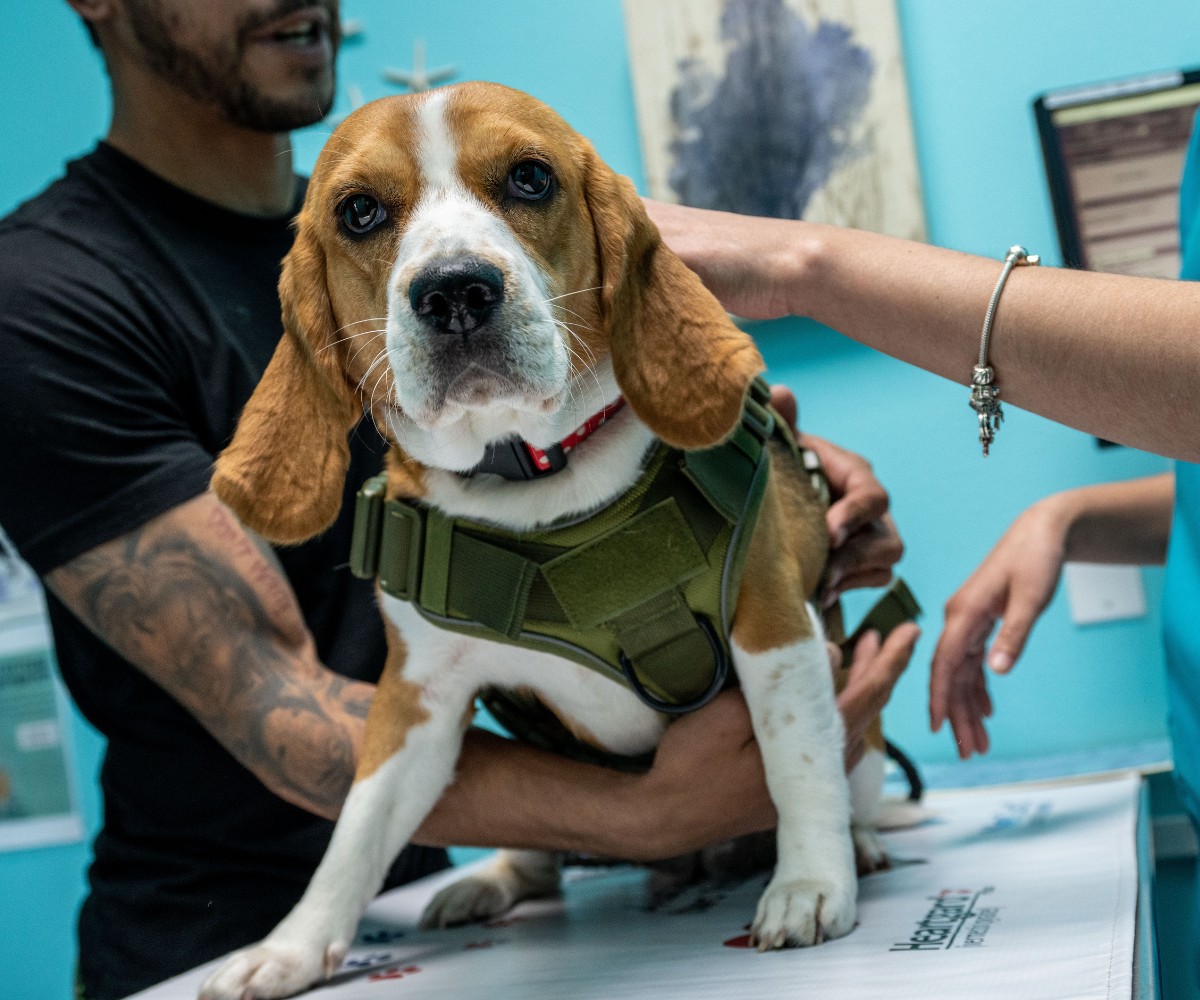
Local Anesthesia
If your pet is having a minor surgical or diagnostic procedure performed, we sometimes use a local anesthetic to help control pain. For example, when we perform a biopsy (in which a small portion of tissue is surgically removed so it can be examined), we often use a local anesthetic. Local anesthetics cause a loss of sensation in the area where the procedure is being performed. We sometimes use a sedative and/or anxiolytic (anti-anxiety medication) in combination with the local anesthetic to keep pets calm during a procedure.
Please contact us if you have any questions or concerns about your pet receiving local anesthesia or about the procedure for which your pet is scheduled.
Veterinary Services
Below are all of the veterinary services we offer at SeaCoast Veterinary Group. If you have any questions regarding our services, please feel free to call us.
